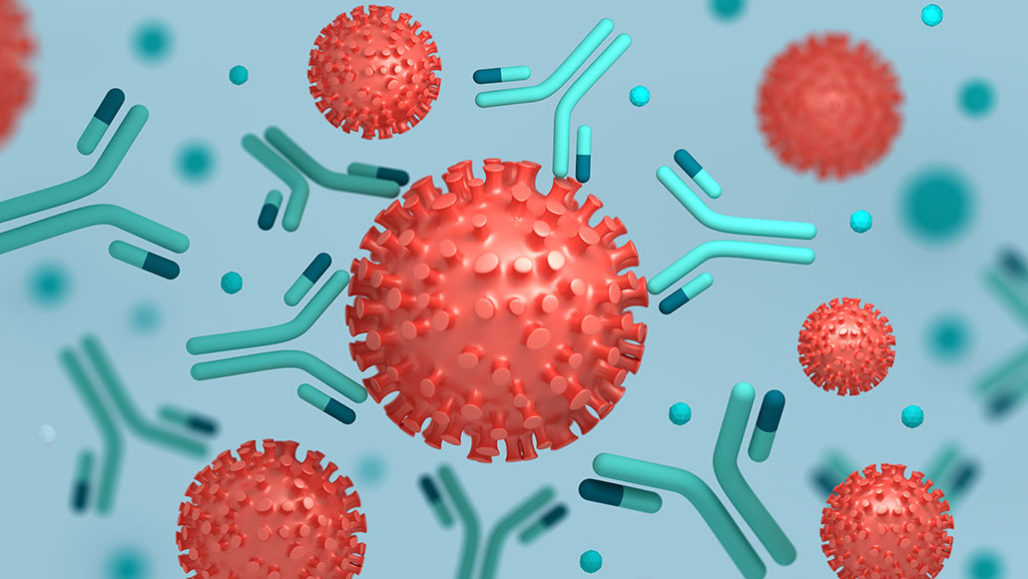RIO DE JANEIRO, BRAZIL – A new epidemiological study on the spread of Covid-19 across Brazil has found that by the end of April this year, with the contagion curve rising, an average of 15% of Brazilians tested had antibodies to Sars-CoV-2, researchers announced Wednesday.

The study named EpiCovid-19 BR 2 found that in the first year of the pandemic, the novel coronavirus spread differently across the various regions of the country.
According to the study, the rates of people infected by the virus, the so-called seropositivity, varied from 9.89% in Ceará to 31.4% in Amazonas, the state with the highest seroprevalence in Brazil.
The survey, supported by FAPESP, an agency linked to the São Paulo state government, and coordinated by Marcelo Burattini, professor at the Federal University of São Paulo (UNIFESP), tested 120,000 people in 133 municipalities across the country between January 25 and April 24, 2021.
The study also found different rates within each of the regions.
In the Southeast, for instance, 19.57% of the population of Rio de Janeiro had antibodies against the coronavirus, a percentage similar to the 18.73% registered in Espírito Santo, but higher than the average 13% seropositivity in São Paulo.
“These results show that there is great spatial variation in the epidemic. We have several epidemics in Brazil, not just one. This variation extends across the country and will be one of the objects of a more detailed study in this project,” Burattini said in the statement.
According to the researcher, the vast majority of people in the sample had not yet been vaccinated, since the tests were conducted between January and mid-February, when the national vaccination program was beginning.
“Less than 1% of the people tested claimed to have been vaccinated, and virtually none of them had been administered both doses,” Burattini said.
The study aimed to estimate the percentage of Brazilians infected with the coronavirus in several clusters, such as age, gender, economic condition, municipality and geographic region, as well as to verify the percentage of symptomatic patients and mortality.
It also aims to provide information for public policies and to assess the reach and impact of social isolation measures, be it lockdown or social distancing with protective measures, such as the use of masks.

